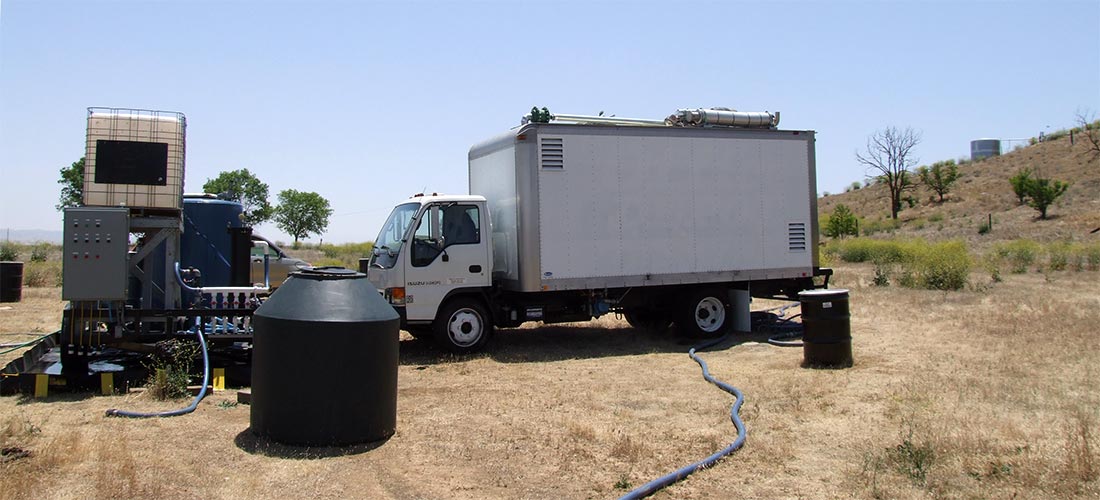GeoRestoration, Inc. (GRI) is a full-service environmental consulting firm for your site investigation and remediation needs. We specialize in portable high vacuum soil vapor extraction (SVE) and dual-phase extraction (DPE) systems for remediating contaminated soil, soil gas, and groundwater. We are based in Morgan Hill, CA, and provide services throughout the San Francisco Bay Area, Monterey Bay region, and surrounding communities.
Experienced Personnel • Hands On Management • Built In Integrity
GRI offers services that are scientifically sound and regulatory compliant. Our rates are the most reasonable in Northern California due to our smaller size and lower overhead. Projects adhere to set schedules and are managed to give our customers the results they want within a reasonable time frame. Our experience includes bulk fuel plants, airports, hospitals, service stations, school districts, government facilities, commercial businesses, and private residences.

SERVICES
Remediation
GRI offers portable high vacuum soil vapor extraction (SVE) and dual-phase extraction (DPE) systems. SVE and DPE are proven methods for treating chlorinated solvents and hydrocarbons in soil, soil gas, and groundwater. Learn more →
Site Investigations
GRI conducts soil, soil gas, and groundwater investigations at underground storage tank sites, aboveground storage tank sites, automotive repair shops, dry cleaners, metal plating shops, manufacturing facilities, refineries, and other contaminated sites. Learn more →
Sampling
GRI employs fully-trained, HAZWOPER certified technicians for soil, groundwater, and soil gas sampling. Learn more →
Groundwater Monitoring
For extended monitoring projects, GRI can provide all phases for a groundwater monitoring program—including preparation of sampling plans, conduct field sampling, provide project management, and the preparation and submittal of the required reports. Learn more →
Other Services
GRI can provide other environmental consulting services such as Phase I reports, tank removal support, waste disposal, facility closure, and other soil, soil gas, and groundwater services. Learn more →



